CVHS to Hire A Dedicated Mental Health Counselor Amid Calls for More Support
By Katherine Linares and Hilary Nguyen|February 7, 2020
*Lily has a rubber band she uses to snap herself out of her anxiety attacks, moments when her workload accumulates and consumes her. Otherwise, she pinches or scratches herself.
“If I’m in stressful situations, I don’t handle them very quickly and my mind just starts racing and being like, ‘this went wrong because you did this you did,’ ‘this is like all your fault.’ It gets really stressful in my brain. I just try to take the attention away from it by like, either like scratching or like pinching like that. Before I got really stressed and really overwhelmed, to the point I couldn’t breathe,” Sophia said.
For Lily, her mental health is often brushed aside and undermined by the academic pressures at CVHS.
“It’s like what do I value more my grades, mental health, obviously, my grades, right? Because like my grades dictate my mental health,” Lily said.
Amidst increasing demands from students and staff, CVHS is planning to hire a full-time mental health professional to start next school year 2020-21. This mental health professional’s role will be strictly to aid students in their social and emotional well-being. In a survey conducted by Upstream News among 397 students, 38% of students revealed they deal with mental health issues, while 77% of those students expressed it is completely or partially due to academic pressures.
79% of students surveyed believe that CVHS does not have adequate resources to support the mental health of students.
During class one day, *Anna was told by her teacher to sit down and continue working after coming back to school, emotional, after her grandfather’s funeral.
“The amount of work has made me over-stressed and I tried to tell the teacher that I wasn’t OK when I was on the verge of tears. But she only said that I [needed to] go sit back down and that it was only because I didn’t want to do the work, which kind of sucks because at the time I just needed a day off. My grandpa died. He was really close to me. I really needed that day off but my parents said no. I wasn’t going to tell the teachers about my grandpa, its my business, but if I’m crying, which I hardly ever do, there’s a problem,” Anna said.
*Lynne was recently admitted into a mental health facility for two weeks. Lynne had lost her mother and had been recently going through grief counseling. Although she expressed that her teachers have been very accommodating and understanding, Lynne wishes there was more recognition of mental health concerns caused by the rigorous workload and a campus-wide system of support.
“It’s not just an individual problem, because it’s happening on so many accounts and so many levels, that it’s probably something else causing it, then just like on an individual level that they should change. It’s like if you can’t conform to Carnegie, then you need to leave. Or it’s your fault. You’re not doing your work. We can’t do anything to change; we can’t do anything to help. It’s your own initiative. But since it’s happening so often, I guess anybody with common sense would be able to connect the dots and see that there’s a trend going on. And trends mean that there’s a cause for the trend and that cause needs to be addressed. It can’t just stay there,” Lynne said.
Principal Ramon Moss expressed that with the future addition of a mental health professional to CVHS’ staff, students will have “more guidance [regarding their] health, which includes mental health, social and emotional needs.”
“Sometimes they [students] feel overwhelmed because of the rigorous curriculum. Or of course, you never know what a student is bringing with them to school might be some home issues or, you know, something personal that they may be dealing with. And our counselors are not always trained in specific things. You know, we never want anybody to feel that they’re isolated or there’s no one that they can talk to, or someone is too busy doing one thing in order to be able to address their needs, so whether it’s someone who is considering harming themselves or stuff like that, or simply just need someone to talk, or get advice from,” Moss said.
HISD policies and procedures have long been focused on suicide-risk-management and not prevention through counseling. According to HISD policies, if a student shows signs of suicide risk, teachers and staff are required to contact the suicide prevention liaison on the campus to request immediate assistance. Thereafter, the building administrator and parents or guardians need to be contacted immediately. The student will then be instructed to find and speak to a professional psychologist.
However, students experiencing mental health issues, have expressed that this is too little, too late. According to the Upstream survey, students expressed that they do not feel like they have someone to talk to on campus. Many students feel stigmatized by discussing their emotional concerns with counselors. Some students, do not feel comfortable going to the counselors, even if they are dealing with depression due to fear of getting a response that won’t help resolve their problems.
“Talking to them will probably make it worse because like,, they’re probably going to like give me like answers that are like academic, and sometimes that isn’t always a solution,” said Sophya Kirsh, a sophomore at Carnegie.
The counselors are aware of the fear some students may have talking to them regarding mental health. As a result, they understand why students prefer talking to their friends about such topics.
“If [students feel] stigmatized from discussing it with me, then they should find someone that they can discuss it with. It doesn’t have to be me. But they have to be able to talk about it with someone. Everyone has to figure out their own coping mechanism. And everyone’s coping mechanism can be different and there’s no right or wrong way as long as it’s not harmful,” Chapman said.
For academic guidance, the counselors are the most viable resources currently on campus. However, for more serious mental health concerns, counselors are instructed to follow district procedures and guide the students to external resources.
“[Mr. Frau and I], we’re more like, band-aids for the severe cases where we would refer them to a mental health professional, outside of the school because we’re counselors, but we’re not their main counselor if it’s a severe case… I’d like to believe that the main resources, your two guidance counselors, are doing the best that they can,” Chapman said.
Sophomore Esha Sharma helped start the Mental Health Awareness (MHA) Club last year, believing that students needed to talk more openly with each other about their concerns and rely on each other for support. The club meets every other Monday in room 109.
“We basically started the club so students who have issues- or even students who don’t have issues- we can all come together and empower each other and support each other and everything. Because we’re all in this together, and ignoring the fact that we’re all really stressed out doesn’t help anyone… If I could get through it, I can help other people get through it too,” Sharma said.
Teachers have expressed that an additional faculty member focus on mental health guidance would benefit not only students but teachers and counselors, as well.
AP Seminar teacher Samantha Shields expressed that teachers are not necessarily equipped to handle severe mental health concerns and that there should be a campus-wide network or system for teachers to refer students to.
“I’m not saying that teachers don’t have a role in getting students to help, I just feel like what you want to do is provide teachers with more opportunity to do the things that they’re supposed to be [doing], like to help make sure kids understand the content, make sure that kids feel safe in their classroom, and make sure that they can talk… I think that there are people who are there to deal with it, and they should, and I feel like there should be more opportunities for those types of people to come into schools. And I just feel like if there was a better network, I feel like teachers could play a role to help students get better resources and vice versa,” AP seminar teacher Samantha Shields said.
Senior English and AP Psychology teacher, as well as former school social worker, Kris Casperson applauds the decision to hire a dedicated mental health professional on campus. Casperson is concerned about the workload and pressures that both counselors and students already carry.
“I think they [CVHS’ counselors] are truly amazing and empathetic, and very educated, and they have seen and helped with a lot of really challenging situations over the years… I think the challenge for our counselors is with the size of our school because our counselors are also helping all grade levels. They’re helping the freshmen acclimate to Carnegie, they’re helping the juniors and seniors get ready for college and scholarships, and college applications. And in the interim, they’re helping with student’s schedules, which is an ongoing thing. They do growth plans. So they’re just, they’re so multifaceted… So I think the advantage of having someone who is just solely dedicated to student mental health is students might feel like less like they’re intruding. I think that might be encouraging to students,” Casperson said.
As of December 2019, the Texas state legislature enacted House Bill 18- a legislation on mental health in public schools. The bill encourages public school districts and schools to hire on-campus mental health professionals who specialize in adolescent psychology, to counsel students going through mental health issues. It also calls for further mental health training for counselors and teachers. However, before the bill was put up for a vote, the bill was revised to omit the budget stipulated for such programs. Without a required budget for strengthened mental health resources in public schools, the legislation serves merely as a suggestion and is not mandatory for public schools to follow.
According to data from Mental Health in America, the state of TX ranked 43 out of 51 in terms of adolescence who suffered from mental depressive episodes and received access to mental health care.
The stress students are under hasn’t gone undetected by the administration. One of the changes Carnegie has made in the past years is changing from a traditional seven-period day to a seven-period block schedule with a 90-minute flex period for students on Wednesdays and Thursdays. The flex period is essentially a free period for students to relax and get homework done.
“Carnegie has more, what I call, downtime than other high schools with the SSEP period, 70-minute lunch, and then every time we have an assembly day, that’s a long time. And so those are all times when a student can try to figure out ways to de-stress,” Chapman said.
Moss has asked advocacy teachers to guide students on social and emotional learning topics during longer SSEP periods and instilled a system where teachers from different departments do not give assessments on the same day.
“I came up with this idea about different assessment days to so that no kid, no student would have more than two major assignments or assessments in one particular day. So that’s just one example of trying to be student-centered and better meet the needs of students,” Moss said.
According to student responses on Upstream’s survey, many students were not aware that such a policy existed.
Lynne asks that teachers revisit classroom policies, like the no-late-work policy.
“Like if a teacher has a no-late-work policy, they put in a missing and that missing can’t be made up. And it’s very, very hard to pass with a missing in the Gradebook. And so these kids will stay up all night, stressing about it. So it’s not only taking a toll on their mental health but a toll on their physical health. Because they are staying up and stressing their body to the point of getting no sleep,” Lynne said.
While requests for a mental health therapist came up the most in suggested collected from students by Upstream News, other student suggestions to better support the mental health of students on campus included:
- Recognition by teachers of the emotional impact of academic pressures and the workload from other classes
- Designated quiet place on campus
- Fun activities during high-stress periods, such as during finals
- Reduction in homework load
- Offerings of non-AP options for required classes
- More opportunities to build community on campus
- A serious enforcement of Advocacy social and emotional learning discussions
For all the progress that students believe the campus needs to make and that the faculty continues to evaluate how to respond to, one student added on the survey that “acknowledging the problem is the first step.”
*Alias used to protect the identity of Carnegie students.
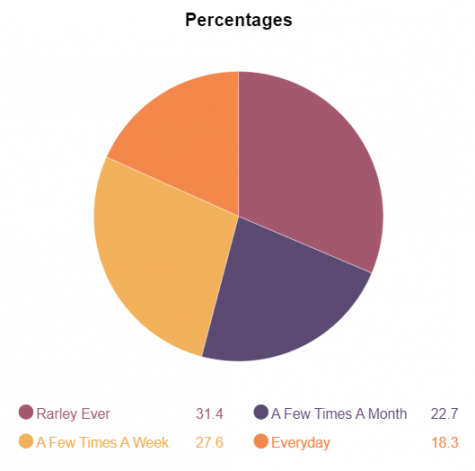
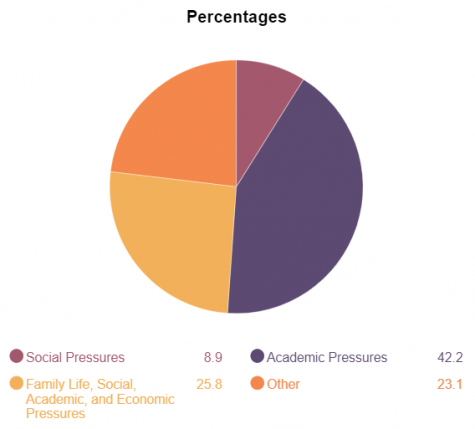
Your donation will support the student journalists of Carnegie Vanguard High School. Your contribution will allow us to cover our annual website hosting costs and fund field trips, competition fees, and equipment. We appreciate your support!
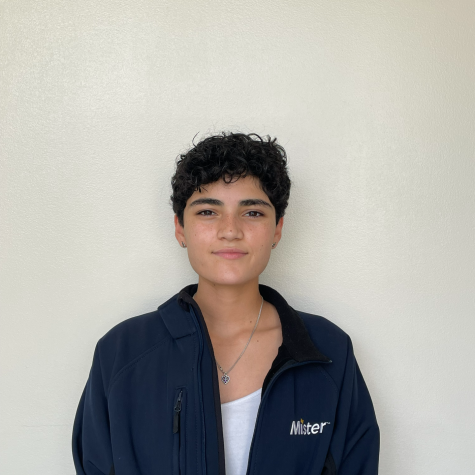
Hello! My name is Katherine. I'm a senior who is heavily invested in the rock genre and spends a little too much time playing around with photoshop.



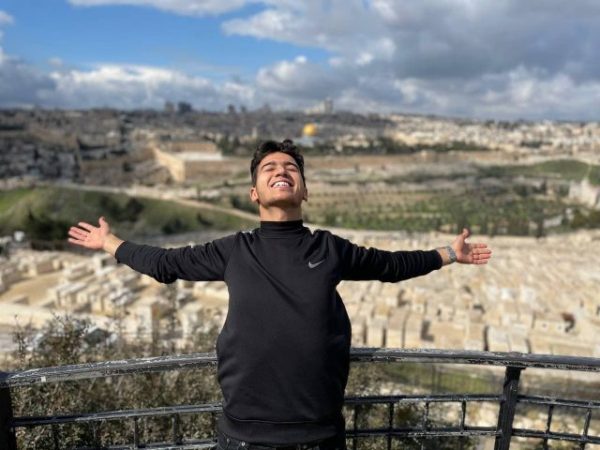
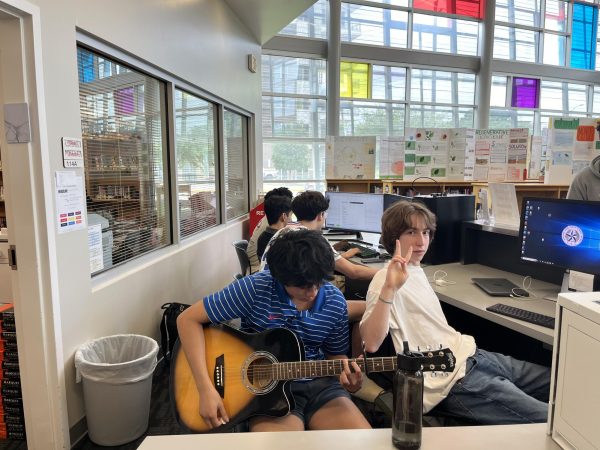
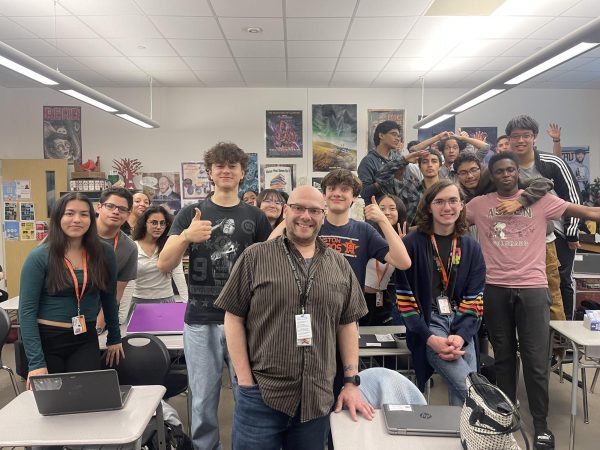



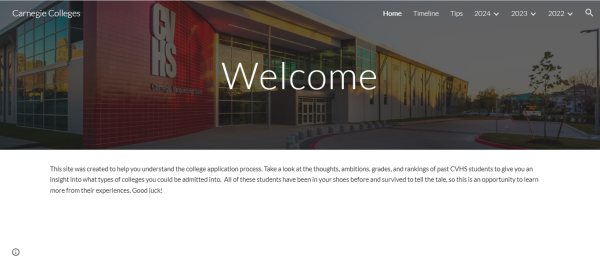



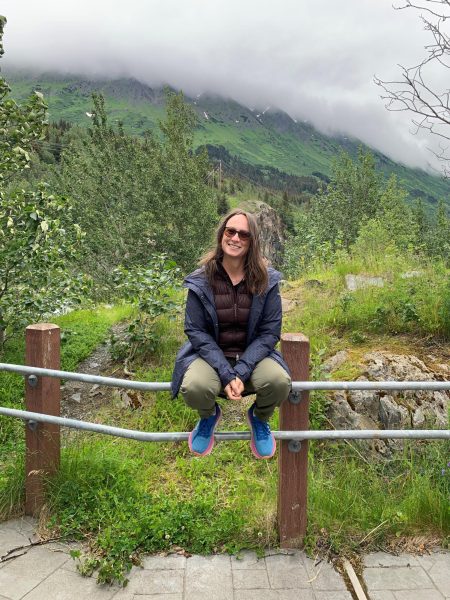


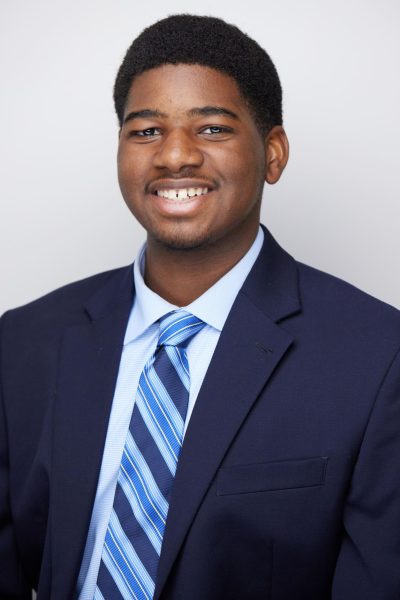
Robin Swami • Jan 30, 2021 at 2:40 am
Thanks for the well-researched content of the blog. I really admire well-written content. I must say the facts in the blog is pretty much convincing. By the way, I know one great medical billing company. Here is a link to their website https://billing4psych.com/. If you are interested in this issue, you can simply refer to their website.